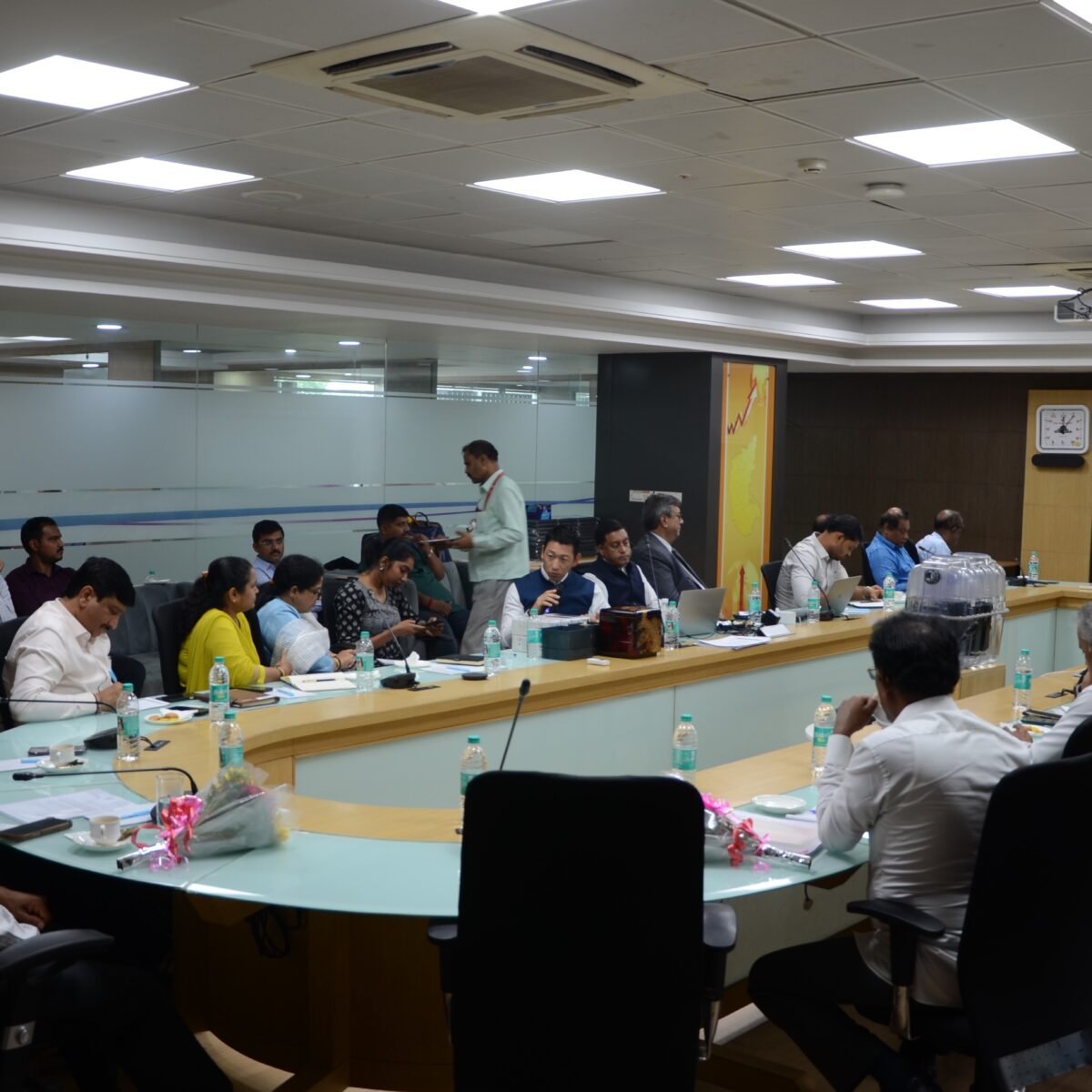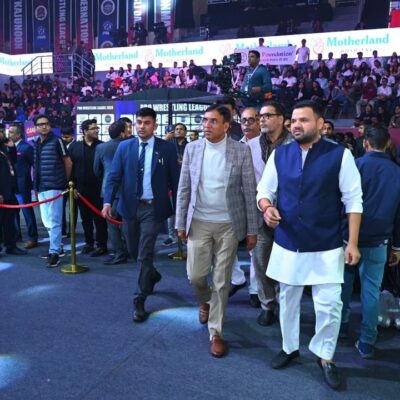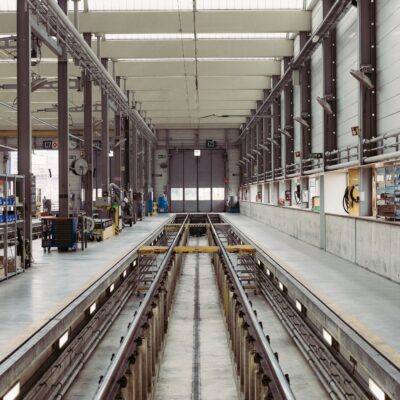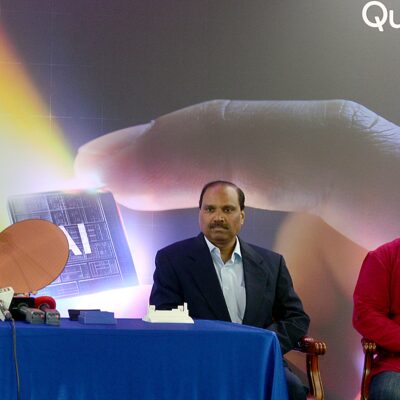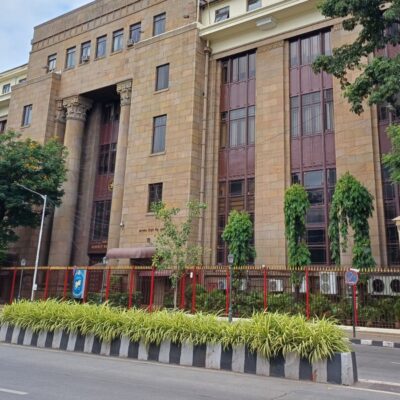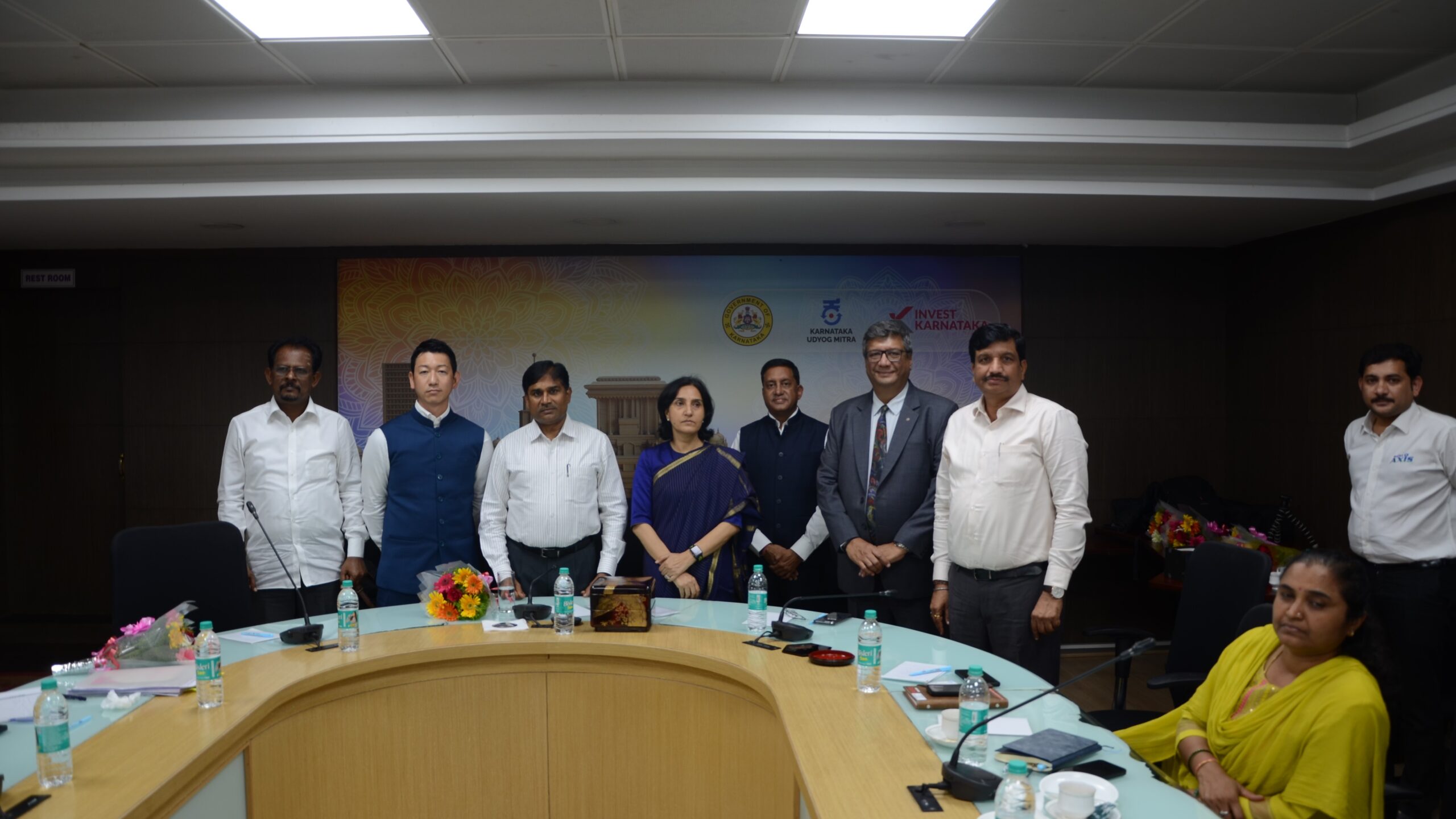
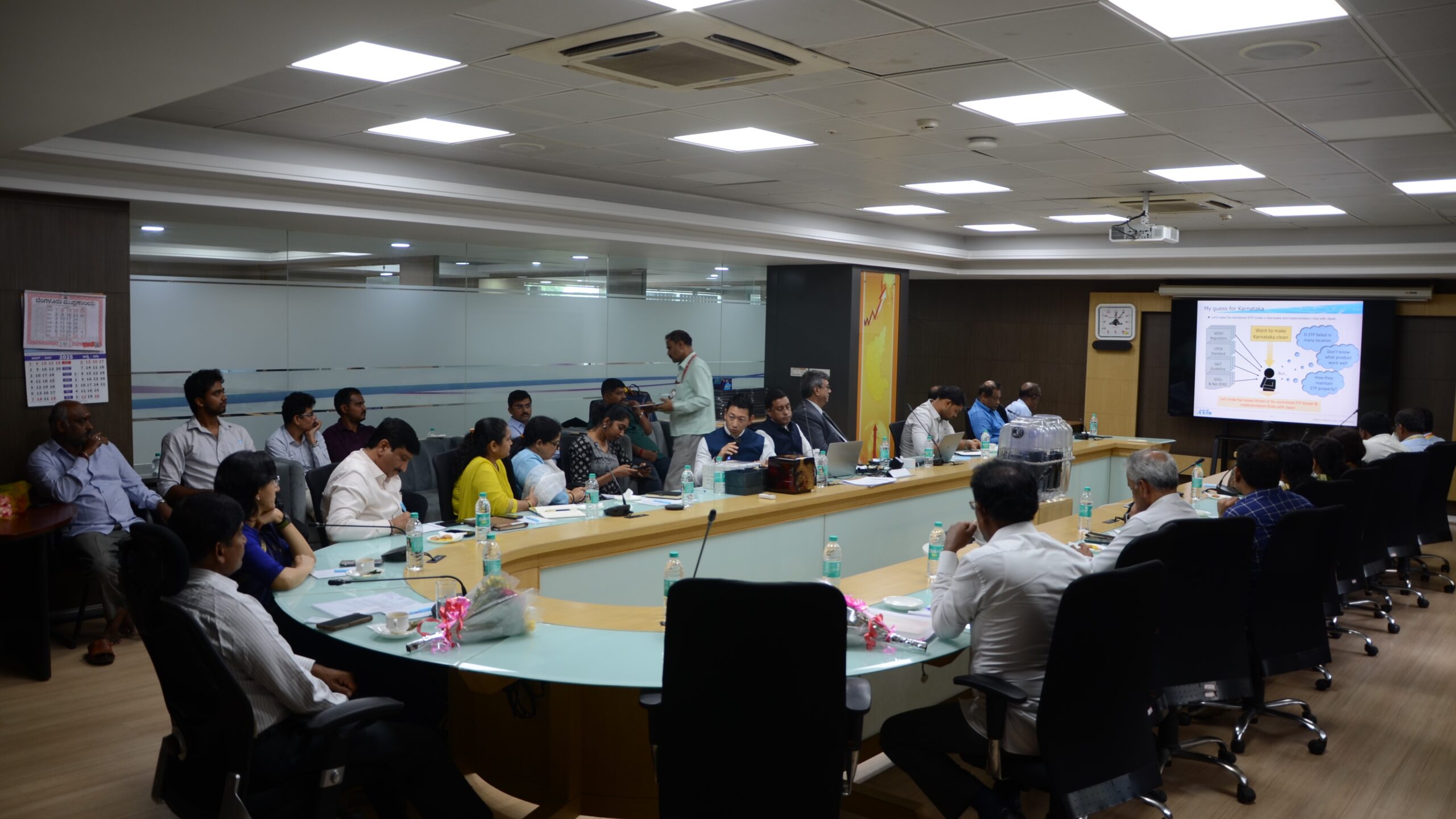
Bengaluru: India is facing a severe water crisis, with nearly 600 million people affected and three-fourths of households lacking drinking water on their premises, a report has recently said.
With 70 percent of water being contaminated, the country ranks 120 out of 122 in the global water quality index.
This crisis threatens food and energy security, and if left unaddressed, could result in a 6 percent GDP loss by 2050. Despite the availability of solutions, only a small fraction of wastewater is reused.
The NITI Aayog Water Index has also revealed that even economically advanced states lag behind in water management. To bridge this gap, active involvement from industry, MSMEs, builders, and citizens is essential — creating a major opportunity for innovation, entrepreneurship and sustainable development.
Daiki Axis, a Japanese firm, along with its Indian partner Sukruta India, a 60-year-old firm that specializes in water management, is spearheading decentralised domestic wastewater management across households, communities, industries, and commercial spaces through its Johkasou technology — designed to treat and reuse water at the source, fostering a local circular economy.
The treated water is said to meet NGT, CPCB, and KSPCB norms, and the stabilised sludge is usable as organic manure, an official release says.
Over 1,500 Johkasou systems have been deployed across India in just six years, including 700-odd in South India and 130-odd in Karnataka, where the company plans to set up a new factory in Tumkur by 2025, supported by the Industries Department, Government of Karnataka.
Earlier units were established in Gujarat (2019) and Haryana (2022), with a regional office in Chennai.
A workshop was recently organised by the Karnataka Udyog Mitra under the guidance of the Industries Department, in collaboration with Daiki Axis India, to enable awareness and knowledge exchange on decentralised wastewater management.
The session brought together key departments and stakeholders for a focused discussion on sustainability-led infrastructure in Karnataka.
The workshop highlighted the critical importance of water and the urgency of decentralised treatment solutions.
On the occasion, Rio Waza, Japanese Director for Daiki Axis, shared Japan’s journey of aligning economic growth with environmental protection, and pitched for a compelling vision for sustainable water leadership in Karnataka, since the state is growing very rapidly.
Kamal Tiwari, CEO, Daiki Axis India, spoke about local success stories and the 130-odd company installations in Karnataka.
Managing Director of Sukruta, Krishnaprasad, who has been chiefly instrumental in bringing this Japanese technology into Karnataka, said that his firm had taken a pledge to reuse and recycle water responsibly, work on collaborating with all government departments to ensure the sanctity of water is retained and respected, thereby ensuring that future generations do have water, given the current rate of depletion on account of a fast growing economy.
Government officials present included representatives from the Karnataka Housing Board, Bangalore Metro Rail Corporation, KIADB, Karnataka Police Housing Corporation, Public Works Department, KSPCB, Karnataka Hindu Religious and Charitable Endowments Department, Department of Medical Education, Karnataka Urban SDB, and Rural Water Supply and Sanitation.
After several presentations were made on the water conservation technology, officials expressed strong interest in customised support from Daiki and Sukruta, another water technology firm in the city, for planning, site-specific design, and training.
As a next step, various government departments will engage with the technical teams for deeper exploration of use-cases and collaborative execution pathways.
The event concluded with a vote of thanks to the chair, the Principal Secretary, Industries, as well as to the Commissioner, Industries.

